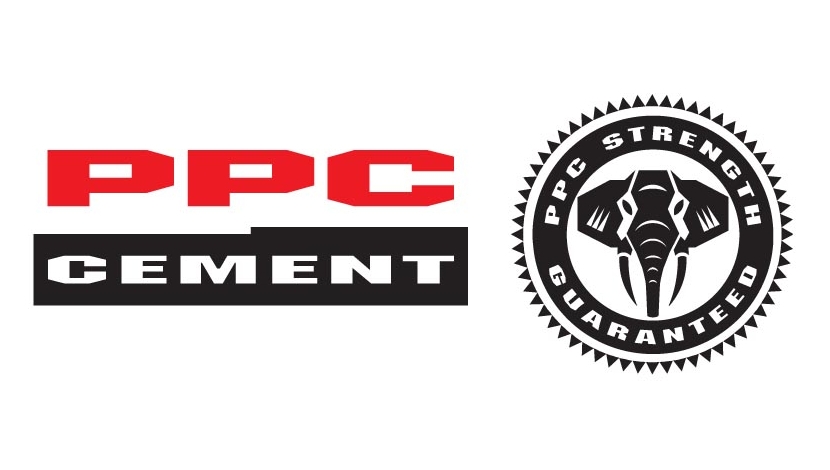
The ability to convert a great business idea into a great business is directly dependent on the calibre of entrepreneur driving the opportunity. Without the requisite vision and passion it will prove virtually impossible for them to realise the full potential of the gap they have identified. Beyond vision and passion however, the entrepreneur will also need critical skills and expertise to grow and develop the business. In instances where corporates identify a compelling opportunity in their supply chain, how can they take this to market in their local community in a way that drives real empowerment – despite the lack of appropriately qualified entrepreneurial candidates? PPC’s journey with its enterprise development beneficiary company Olegra Oil is an example of what can be made possible in this type of situation if one rethinks “ownership” to be far more inclusive.
With Global Entrepreneurship Week once again drawing South Africa’s attention to the critical need to develop and grow sustainable SMEs (small and medium enterprises), companies are once again using this opportunity to share valuable lessons learnt – both successes and failures – so that these can be leveraged to amplify enterprise and supplier development (ESD) initiatives. “Perhaps one of our most important learnings has been to rethink the concept of SME ownership – and that it doesn’t have to vest solely in the entrepreneur as is usually the case in the very beginning,” says Kervin Ali, PPC General Manager: Procurement. “If one sees ownership as a means of transformation and active empowerment, a new set of possibilities often emerges, especially in the case of significantly disadvantaged communities.”
This was a lesson learnt at PPC Lime, a plant located in the small mining village of Lime Acres, in the Northern Cape. In 2009, an entrepreneurial opportunity was identified by the management team. “PPC’s focus on sustainability meant that we were exploring the use of alternative fuels to burn in our kilns,” says Ali. “One of these was used oil – which was the ideal substitute for diesel. With diesel costing four or five times as much as the oil, and the plant being located in a mining town where an ample supply of used oil could be sourced from the surrounding mines, we were sure we had found a very promising business opportunity.”
The challenge was finding the right entrepreneur to drive the opportunity – especially given that it needed to be 51% black owned and PPC was unable to identify potential candidates with the appropriate expertise from the immediate area. After rethinking what this ownership could look like – and who it could and should involve – PPC approached Tokkie van As, an employee who had been with the company for 35 years and had three more years of service before retirement. “The offer was an exciting one,” explains Van As, Senior Manager: Olegra Oil. “I would be given the opportunity to start and build this business from scratch with start-up funding provided by PPC Ntsika Fund. This would be loaned to the company at an interest – free rate and would need to be repaid over a five year period. My shareholders would essentially comprise two groups: PPC (with a shareholding of 49%) and the Olegra Oil Black Employees Trust (with a shareholding of 51%).” All previously disadvantaged Olegra Oil employees were to be members of the trust – with the pre-requisite that they had to work for the company in order to remain members.
After setting up the initial operation (a filling station and an oil collection and supply service), Van As started leveraging his relationship with the mines in the area to source their used oil. “The initial months were tough,” he explains. “Our starting volumes of 26 000ℓ per month reflect this. They were just a sixth of the amount required by PPC each month.” The Olegra Oil team remained undeterred by this however, pushing to grow sustainably and organically, focusing on efficiency, economies of scale and exceptional customer service.
“Because each employee was a shareholder, everyone understood their direct role in achieving on our vision – and how they contributed to the overall customer experience,” notes Van As.
The results of this approach speak for themselves. The initial loan was paid back in full in just four years and eight months, with all shareholders receiving their first dividend in year five. All assets are now completely owned by the company, and it currently collects approximately 300 000ℓ of used oil per month. Perhaps most telling is that Olegra’s client base has diversified significantly with just 20% of its product being supplied to PPC. It is also now supplying as far afield as Gauteng. Van As has also bought a 20% share in the business, with PPC’s shareholding reducing correspondingly.
“For me, the real success of this business is how it has delivered on its empowerment objectives,” says Van As. “All of our petrol attendants now own their own cars for example, and, as we continue paying dividends, we are working with them to improve their living conditions, focusing on building and/or buying homes they can be proud of.”
PPC remains a similarly proud shareholder in this equation – and is exploring opportunities to use this same business model at sites elsewhere in the country. “In industries such as ours where we’re often challenged by a shortage of skills in day-to-day business management, companies need to be open to taking alternative approaches to achieving enterprise and supplier development objectives,” says Ali. “By creating partnerships where skilled individuals can add value and build legacy businesses that community members can inherit one day, it’s possible to not only achieve these objectives but exceed expectations and projected impact – giving us all reason to celebrate.”
Press release





